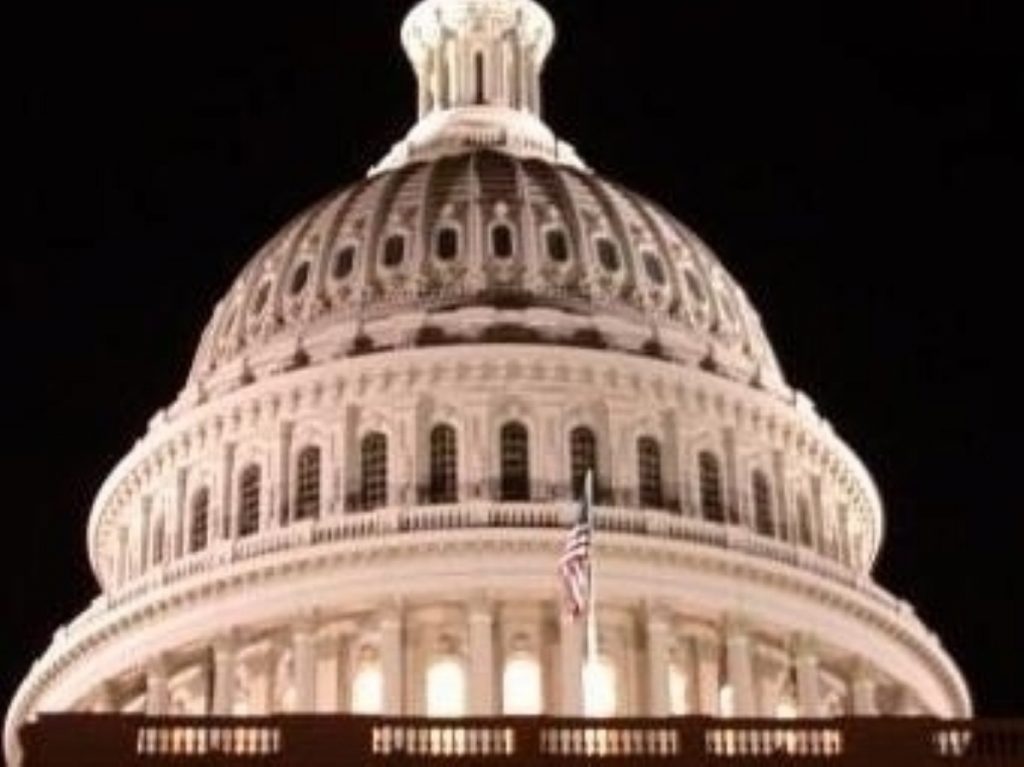Leaders’ debate analysis: Neither vacuous nor meaningful
Even if it did represent an Americanisation of our politics, this debate felt healthy and important.
By Ian Dunt
The fear was that it would be vacuous. And first impressions seemed to vindicate that.
Live political debates are in no way a purely American phenomenon. Almost every democracy has them. But they carry the image of an Americanised, superficial political culture. The argument against today’s debate was that we already have the Commons, where the leaders battle it out every week. There is no substitute for that in American politics. We have fierce general election campaigns, where leaders are thrown in front of critical journalists and members of the public every day. The televised debate seemed like another step away from substance and into personality and image.


First impressions confirmed this assessment. The tricks were on display. David Cameron, Nick Clegg and Gordon Brown all cited personal anecdotes and told stories of the people they’d met. Clegg stared endlessly into the camera in a way that was clearly intended to be egalitarian but might have come across as unnerving. His manner while listening to the others – hand in pocket, disapproving expression – came across much better, but he adopted it in a way that revealed he had been told to do it.
They all made a point of saying where they agreed with their opponents, a manoeuvre which makes the speaker appear consensual, reasonable and less party political. It’s taken almost directly from the Vince Cable handbook.
Where abuse was used (mostly Brown) it was clever and soft, not loud and childish as it often becomes during PMQs. Cameron’s placing in the middle (he and Clegg will rotate throughout the debates, while Brown stays on the right because of his bad eye) was considered a victory by his team, but it gave the impression he was lost and victimised, even if this might have simply been an effect of his generally poor performance.
Brown had clearly been well briefed. He avoided reeling off lists of statistics as he tends to do in more traditional debates – a tactic despised by many parliamentary observers and members of the public.
And yet, these are all deeply superficial conclusions, seemingly vindicating the idea that this was an unhealthy step.
It’s not as simple as that. Tonight’s event genuinely gave voters another image of the three men who want to be prime minister. They were noticeably more conciliatory. It’s not altogether absurd to suggest this might be an effect of the forum. With all three men stood together facing out at the audience, they seemed to naturally adopt a more consensual approach than they ever could in the face-to-face, adversarial arrangements of the Commons.
Also, tonight was spent discussing policy. Political obsessives will focus, paradoxically, on the stylistic aspects, because they already know the policies, but that is not necessarily the case for many of the people watching.
Given that the programme allows for 90 minutes of discussion on serious issues without any of the rules and conventions of the Commons which so alienate the public, the onus is on those who disapprove to demonstrate why, rather than the other way around. Now that it has happened, it would be shocking and bewildering for these debates not to become a traditional part of future general election campaigns.

